The Girl Who Never Read Noam Chomsky
24.00 JOD
Please allow 2 – 5 weeks for delivery of this item
Description
Kirkus Reviews, “11 Debuts You Need to Pay Attention To”HelloGiggles, “Books you don’t want to miss”Bustle, “Books you need to know”An ambitious debut, at once timely and timeless, that captures the complexity and joys of modern womanhood. This novel is gem like—in its precision, its many facets, and its containing multitudes. Following in the footsteps of Virginia Woolf, Rona Jaffe, Maggie Shipstead, and Sheila Heti, Jana Casale writes with bold assurance about the female experience. We first meet Leda in a coffee shop on an average afternoon, notable only for the fact that it’s the single occasion in her life when she will eat two scones in one day. And for the cute boy reading American Power and the New Mandarins. Leda hopes that, by engaging him, their banter will lead to romance. Their fleeting, awkward exchange stalls before flirtation blooms. But Leda’s left with one imperative thought: she decides she wants to read Noam Chomsky. So she promptly buys a book and never—ever—reads it. As the days, years, and decades of the rest of her life unfold, we see all of the things Leda does instead, from eating leftover spaghetti in her college apartment, to fumbling through the first days home with her newborn daughter, to attempting (and nearly failing) to garden in her old age. In a collage of these small moments, we see the work—both visible and invisible—of a woman trying to carve out a life of meaning. Over the course of her experiences Leda comes to the universal revelation that the best-laid-plans are not always the path to utter fulfillment and contentment, and in reality there might be no such thing. Lively and disarmingly honest, The Girl Who Never Read Noam Chomsky is a remarkable literary feat—bracingly funny, sometimes heartbreaking, and truly feminist in its insistence that the story it tells is an essential one.
Additional information
| Weight | 0.2979602 kg |
|---|---|
| Dimensions | 2.0574 × 13.208 × 20.32 cm |
| by | |
| Format | Paperback |
| Language | |
| Publisher | |
| Year Published | 2019-3-19 |
| Imprint | |
| Publication City/Country | USA |
| ISBN 10 | 0525432671 |
| About The Author | JANA CASALE has a BFA in fiction from Emerson College and an MSt in creative writing from Oxford. Originally from Lexington, Massachusetts, she currently resides in Boston with her husband. The Girl Who Never Read Noam Chomsky is her first novel. |
"Elegant, sharply drawn…[A] clear-eyed examination of a woman's life [done] with abundant humor…Readers will be captivated."–Publishers Weekly"Prepare to fall in love with Leda, the wickedly relatable protagonist of Casale's funny, insightful, and deeply adorable debut…So much fun, so smart, and ultimately profound and beautiful."–Kirkus Reviews *starred review*, "11 Debuts You Should Pay Attention To""Charming and funny."–Samantha Irby, Marie Claire"A gloriously stunning debut…I wish I had this book when I was younger…In one swift motion, Casale drop-kicked my heart and brushed my hair. She took me to the most intimate moments I've had with myself and used Leda to propel me through them…Striking in its reliability and elegant in its honesty."–The Michigan Daily"Veritably thrilling…Casale's perceptions about womanhood and seamless style make for pure reading joy."–Booklist *starred review*"Common scenes combined with Leda's piercing vulnerability with readers create Jana Casale's stellar debut novel…Raw and articulate…Casale's writing possesses a certain snap, instantly relating us to her protagonist. Reading her work is like watching a play from the dressing room as the heroine squeezes into pants she hopes conceal extra weight, tries to make sense of last week's one-night stand and murmurs her lines before stepping onto the stage."–Associated Press"How do you account for a life? In Jana Casale's poignant debut, the answer has as much to do with the things her protagonist, Leda – college student, wife, writer, temporary Orca expert, mother – wanted to do and didn't, as what she actually lives. A funny, tender and touching illumination of the extraordinary beauty contained in a seemingly everyday life. I can't stop thinking about this book." –Julie Buntin, author of Marlena"The disarming wit and granular detail of these vignettes feels intensely personal, drawn from the lively mind of a unique character, yet universally recognizable."–Elle.com"Jana Casale has several writerly talents, among them sharp eyes for detail, sharp ears for speech and a witty turn of phrase. But her deft control of time is extraordinary, and makes her first novel exciting as well as fun."–The Washington Times"It’s a torch first lit by writers like Jane Austen, Virginia Woolf, and Kate Chopin; one taken up by those like Elena Ferrante, Zadie Smith, Rona Jaffe, Maggie Shipstead, and most recently (and to great world-splitting) Kristen Roupenian — women writers who look closely at the experience of ordinary womanhood, and deem it worthy of great literature…Readers never get the sense that Leda is holding up her life as instruction. Nor, as a cautionary tale. Rather, she’s holding it up as a life worthy of living, worthy of literature. She’s funny and sad, observant and honest, tender and imperfect, complicated and relatable. And that is enough."–Bustle"As the perfect title suggests, the books we don't read can shape us just as much as the ones we do. However, unlike our titular heroine and her copy of Problems of Knowledge and Freedom, I guarantee you'll fly through this one. It's a rare gem of a debut–funny, heartbreaking, and genuinely profound." –Ed Park, author of Personal Days"An immensely companionable read."–BookRiot“The Girl Who Never Read Noam Chomsky is bright with life, emotionally honest and powerfully observant. Jana Casale is a wise and exciting new voice.” — Julia Pierpont, New York Times bestselling author of Among the Ten Thousand Things“Jana Casale’s brilliant, singular, gripping debut affected me more than any novel I’ve read this year. Rich with social commentary, fueled by ferocious intelligence, and laced with spot on humor, The Girl Who Never Read Noam Chomsky perfectly captures the mores of this mixed up moment in time, while also exploring universal truths about what it means to be a woman in the world. I loved it.”–Joanna Rakoff, author of A Fortunate Age and My Salinger Year“Casale writes with both energy and humor. She is an exquisite storyteller. In creating Leda and her story, Casale magically weaves together the tiny moments in life, allowing them to gain momentum and build off each other, until they culminate into an extraordinary tale that has spunk and charm.” —Weike Wang, author of Chemistry |
|
| Excerpt From Book | Chapter 1 Deciding to Read Noam Chomsky “I’d like to read noam chomsky,” Leda said. At this point in her life she had a stack of books she kept by the bed and a splinter in her right hand. She should have thought more closely about cleaning out her microwave. She had class on Mondays, Wednesdays, and Thursdays. Each week she’d sit in the window seat at the back of her school’s library and study. On this day she had cried listening to “All You Need Is Love” as she took the subway to school. She didn’t want people to know she was crying, so she took great care to blink away as many tears as she could, but she did so hope that there was nothing you could do that couldn’t be done. She ate a partially crushed scone as she studied that afternoon. Later she’d have another scone before bed. This was the only time in her life she consumed multiple scones in one day. As she ate she thought about the boy who lived in the apartment across the street and the word Umbria. The scone was blueberry, and after she finished it she folded up the wax paper and put it in her left coat pocket.The only reasons she’d remember for wanting to read Chomsky were all the varied intellectual ones that took precedence in her mind: an article she’d read, a speech she’d heard, a professor’s suggestion. She didn’t think of that day or that boy in the coffee shop, but the influence was no less significant, as faint and feckless as it was, a startling, disintegrating moment between herself and this stranger bursting and scattering like any and all moments of her life. She gave little more attention to it at the time than to the scone or to herself crying over a song she loved.The coffee shop itself was near her apartment and one she frequented often. “This café is so small, but its aesthetic is exceptional,”was the way it had been described by a middle-aged woman in trendy clothes who once stood next to her in line. The woman bought a large coffee and some type of vegan muffin. Leda thought the muffin looked tasty and bought the same one and then took a bite and realized it was vegan. From then on when she thought of the café she thought of it as so small with an exceptional aesthetic and terrible vegan muffins. Not long after, they’d started selling vegan donuts that were considerably better, but Leda would never find herself trying them. If she had, it’s unlikely she would have amended her perception ofthe place. It was already burned into her by the ephemeral moment beside that woman in line.That day, though, she ordered a hot chocolate and sat at a table in the corner. What she loved most about sitting at the coffee shop was not the coffee or the shop but the brief, listless feeling it gave her of having her life together. She could sit beside the richness and warmth and see herself as something so divinely competent. This is what it is to be an independent person, and she’d take a sip. This is what it is to be a cosmopolitan person, and she’d take a sip. So easily could she lose herself in the sense. It was haunting and complicated and undeniably silly. Outside she watched as a woman picked up dog poop in a plastic bag. At least I know that I don’t really have my life together. At least I know that I don’t know, she thought. She sat for a while longer before noticing the boy to her right. He was smartly dressed, with flood pants and thick-rimmed glasses. His hands were large, and he was reading American Power and the New Mandarins. She leaned forward in her seat and ran her fingers through her hair. Most days she held a very strong belief that her hair looked terrible except right after she’d run her fingers through it. She fixed her shirt and adjusted her boobs, which had been lost in her bra to some degree. The boy looked like he was about twenty-four and possibly went to Boston University or was applying to a funded graduate program. She hoped he’d come over and say something charming or witty, as she imagined a man with such nice glasses might. She cleared her throat to get his attention, but he didn’t look up from his book. She got her phone out of her bag as noisily as possible and then sighed loudly, but nothing. After waiting a bit longer, she got up and walked past his table, headed for the napkins. She took three. He didn’t notice her. She reached her hand down to the fourth napkin; for a second she had a sense that he might be watching her, but when she turned around she saw he hadn’t looked up. She stood there for what was an inappropriate amount of time to get napkins, but she couldn’t help it. Why can’t I just go talk to him? she thought. He had such a dumb sweater on and his face was sour. She considered that maybe he wasn’t even reading but pretending to read, seeking that same sense of solace she felt sitting with her hot chocolate. Who is he in this coffee shop? No one, just like me. Can’t we be no one together? In an unprecedented strike of confidence, she decided to walk up to him. It was impulsive and decisive. If you’d asked her then, she may have said her hair always looked nice and that she didn’t need to run her fingers through it at all.“What are you reading?” she asked him.“What?”“That book.”“What?”“What are you reading?”“Oh . . . It’s by Noam Chomsky.”“Oh.”The silence between them felt stale and all-consuming. She searched for the right segue into marriage and children, but there was nothing.“I just needed a napkin,” she said, waving the napkins.“What?”“Oh, nothing . . . Can I have this chair?” she said, pointing to an empty chair that didn’t belong to his table at all but to the empty table beside him.“. . . I guess so?”She dragged the chair noisily in the direction of where she had been sitting. When she sat back down her hot chocolate was cold.She pretended she got a phone call and left.That was her last encounter with the future BU graduate.A few weeks later she bought Problems of Knowledge and Freedom in a small bookstore specializing in rare and overpriced books. Walking through the aisles, she ran her fingers down the spines of books and smelled the softness of paper over her, under her. She didn’t think of the boy or the napkins, but she did think of Noam Chomsky as the book cover grew sweaty in her palm. She relaxed her hand, wiped the sweat on her skirt, opened the book to page 53, closed it, and took a deep breath.Chapter 2The First Innate TruthNearing her early twenties, Leda had become obsessed with being linear. Latitude and longitude had formerly been ascribed to maps and a vague notion of Christopher Columbus she stored on the dwindling shelf of third-grade history in the back of her mind. To be linear was to be lines of thinness from her head to her feet. Lines and thinness. Thinness like her legs lifted over her head as she lay on the beach watching her legs, stinging sand in her eyes, blue everywhere. Lying down she could get away with it, but standing it was undeniable to her that she was not nearly linear enough. “Latitude Is Attitude,” she saw on a T-shirt once and never understood. Even as she was now so concerned with linearity and the latitude of herself, that T-shirt was still a confused lake in her mind. The girl who wore it had large breasts. And that was all she really remembered. I do not want to live in the horizontal of my stomach. I do not want to be my thighs. I want to be linear. This compulsion to be linear began at age twelve and would persist until her death. It was very important, VERY IMPORTANT not to be fat. This was the first innate truth of her womanhood. |
Only logged in customers who have purchased this product may leave a review.

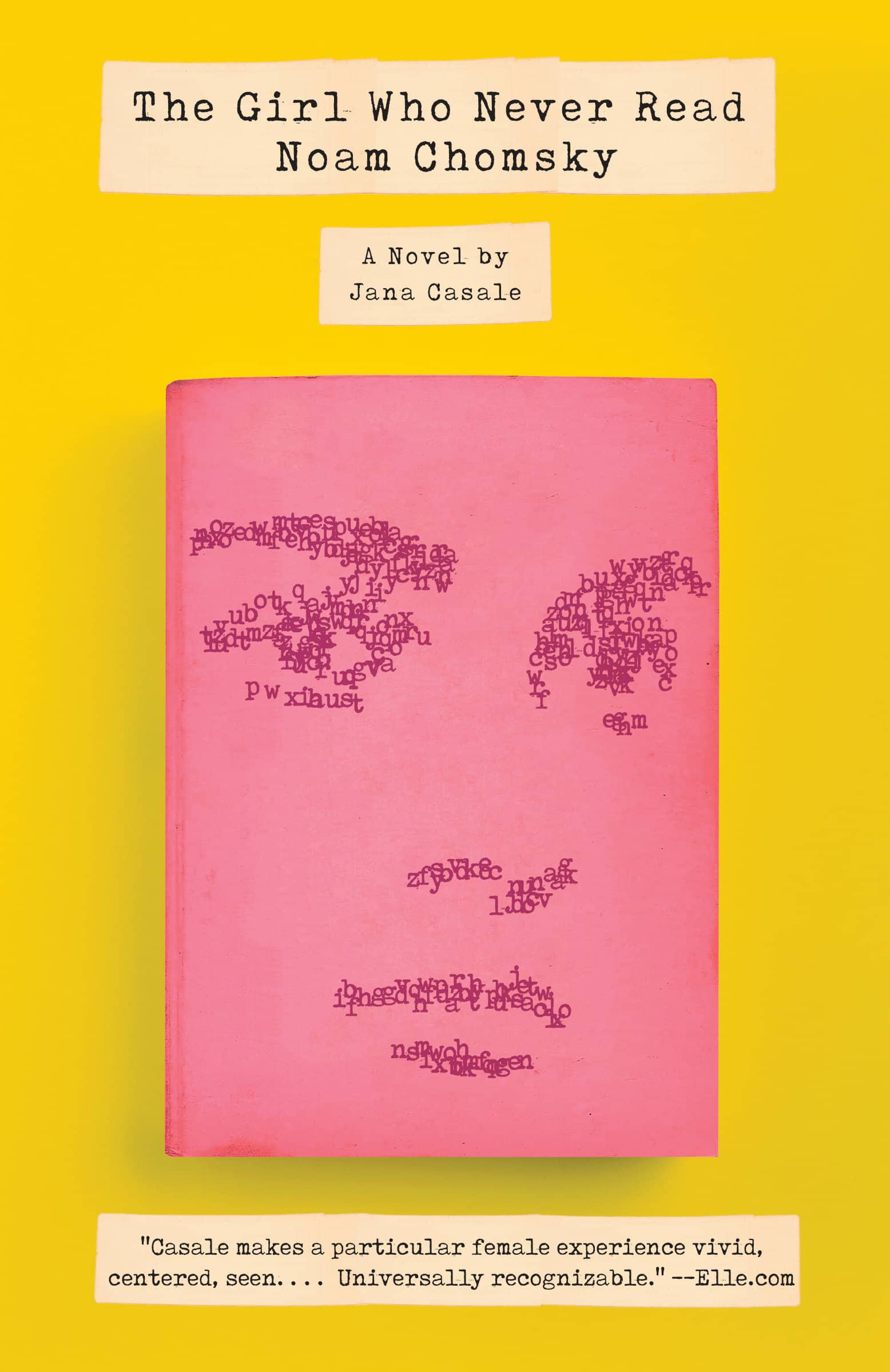
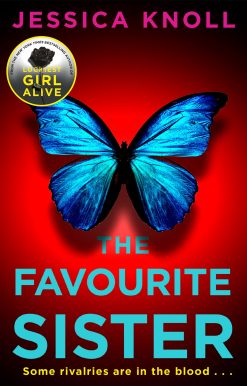
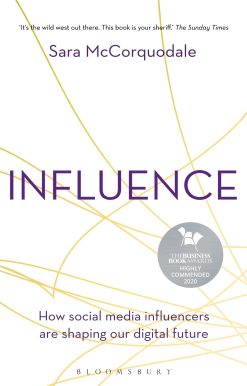
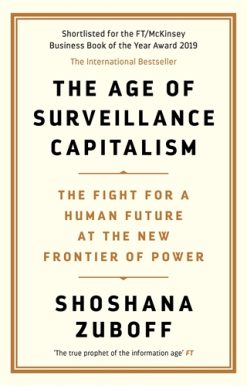
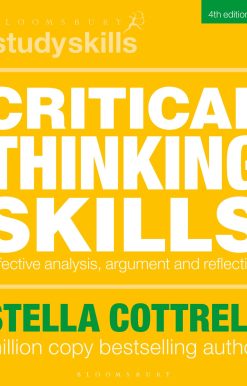
Reviews
There are no reviews yet.